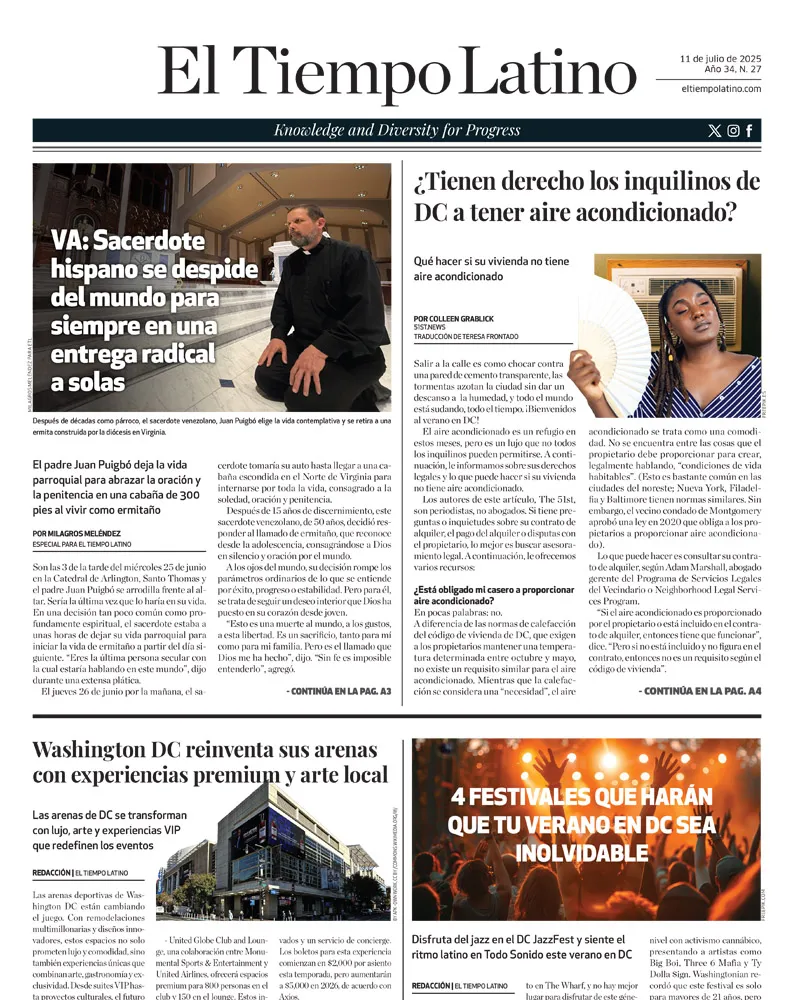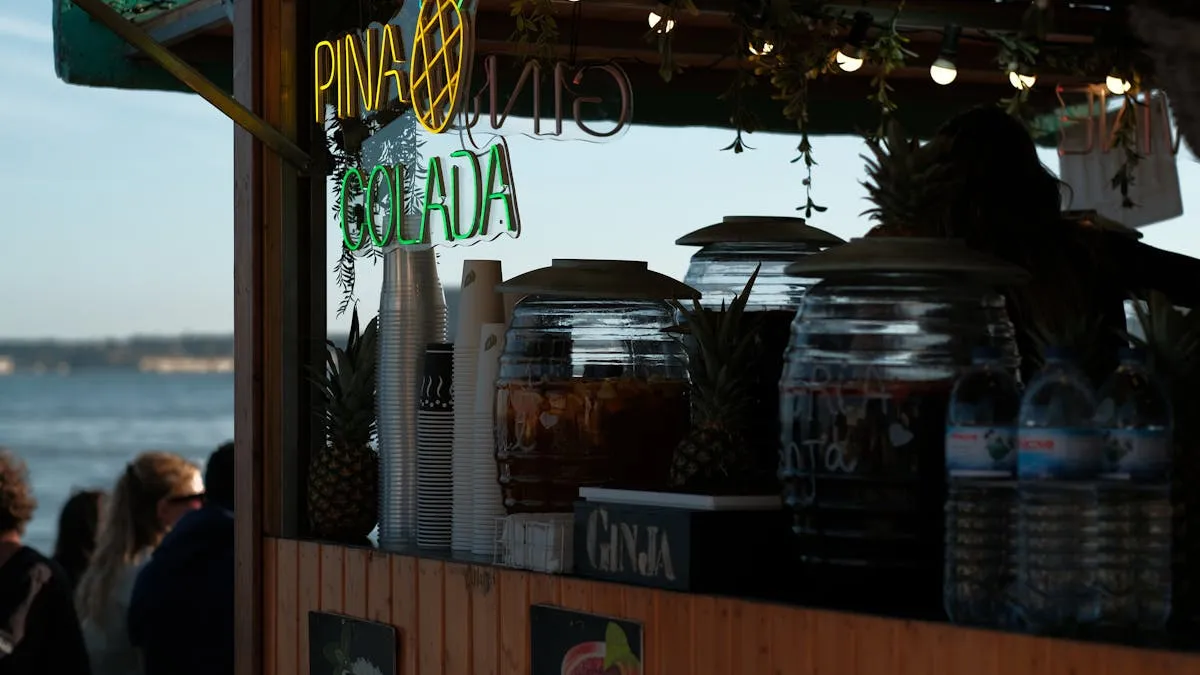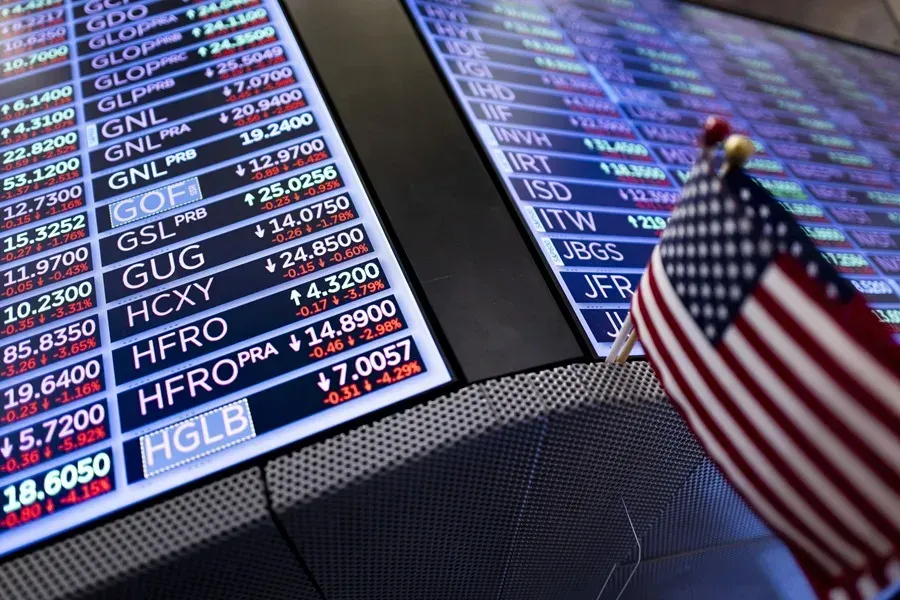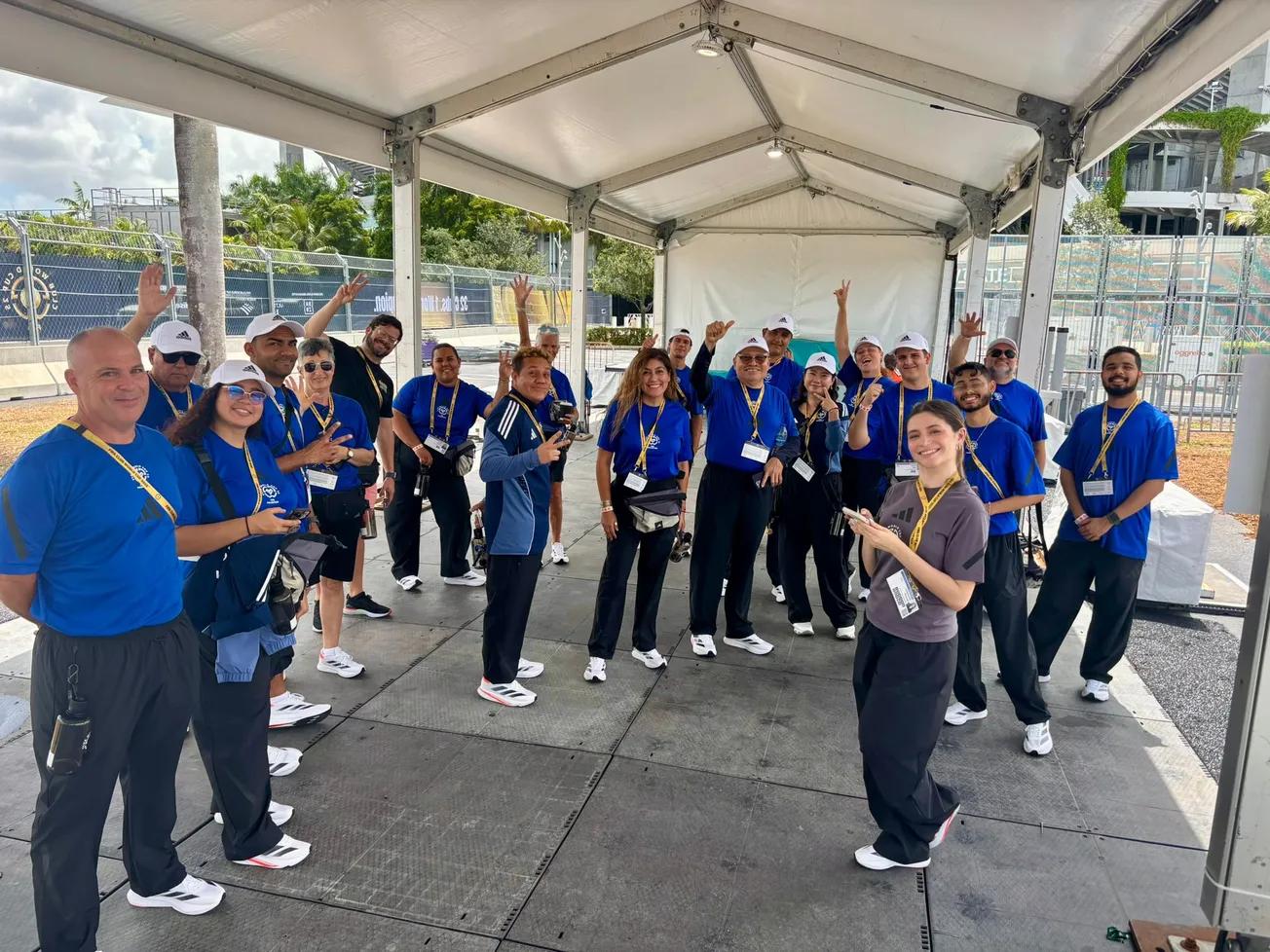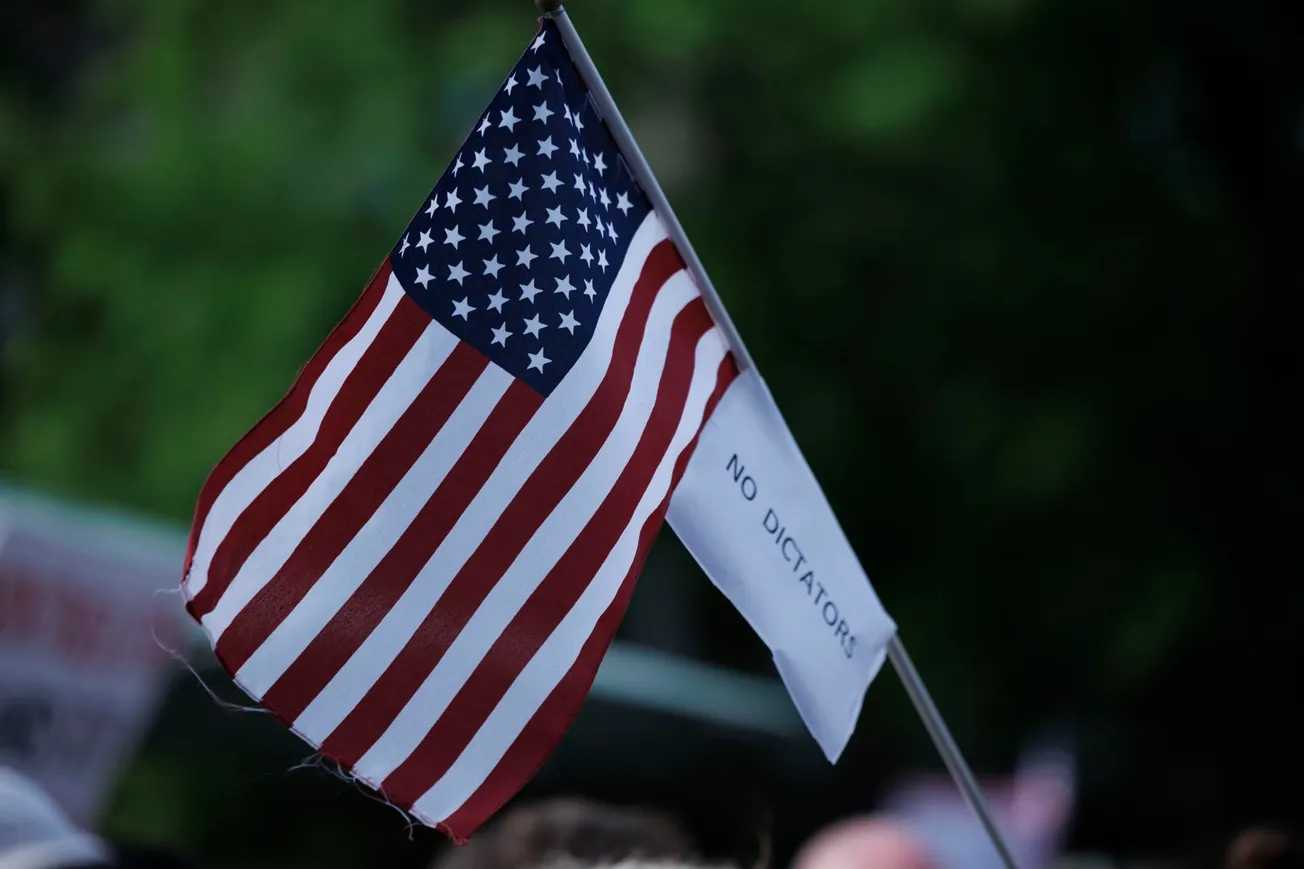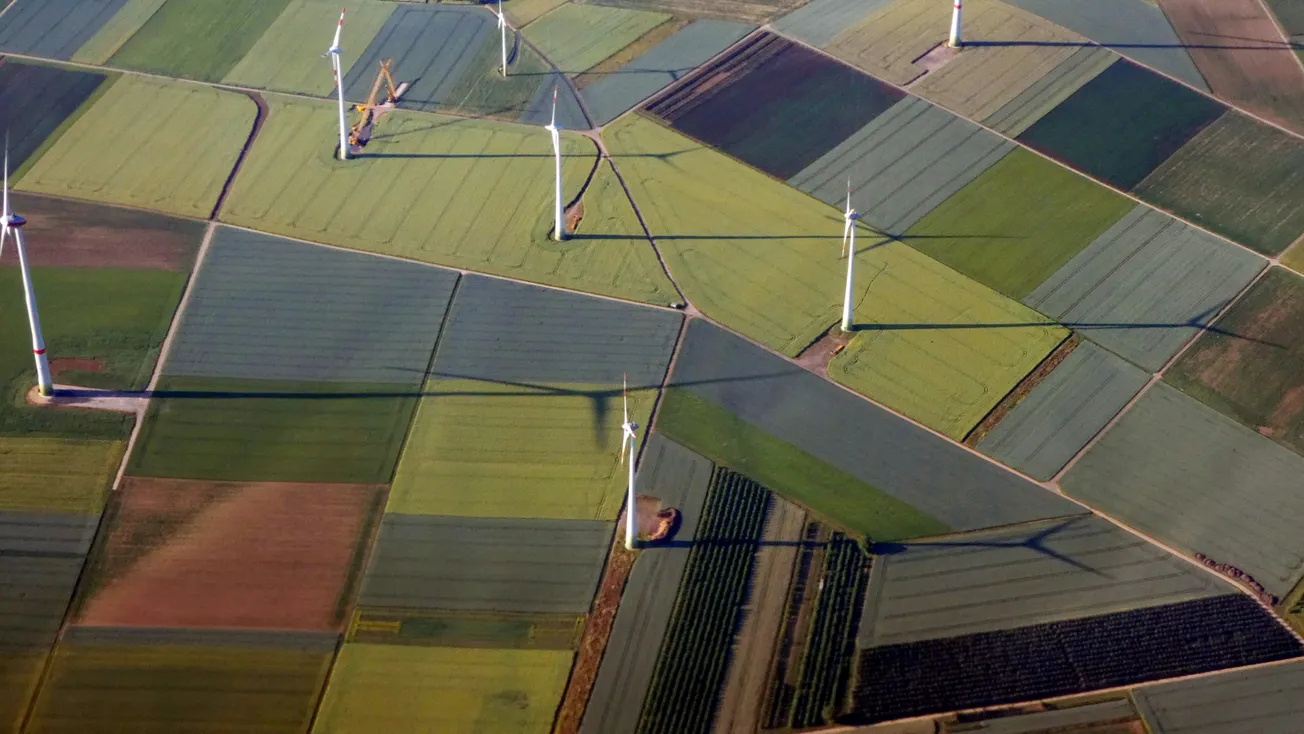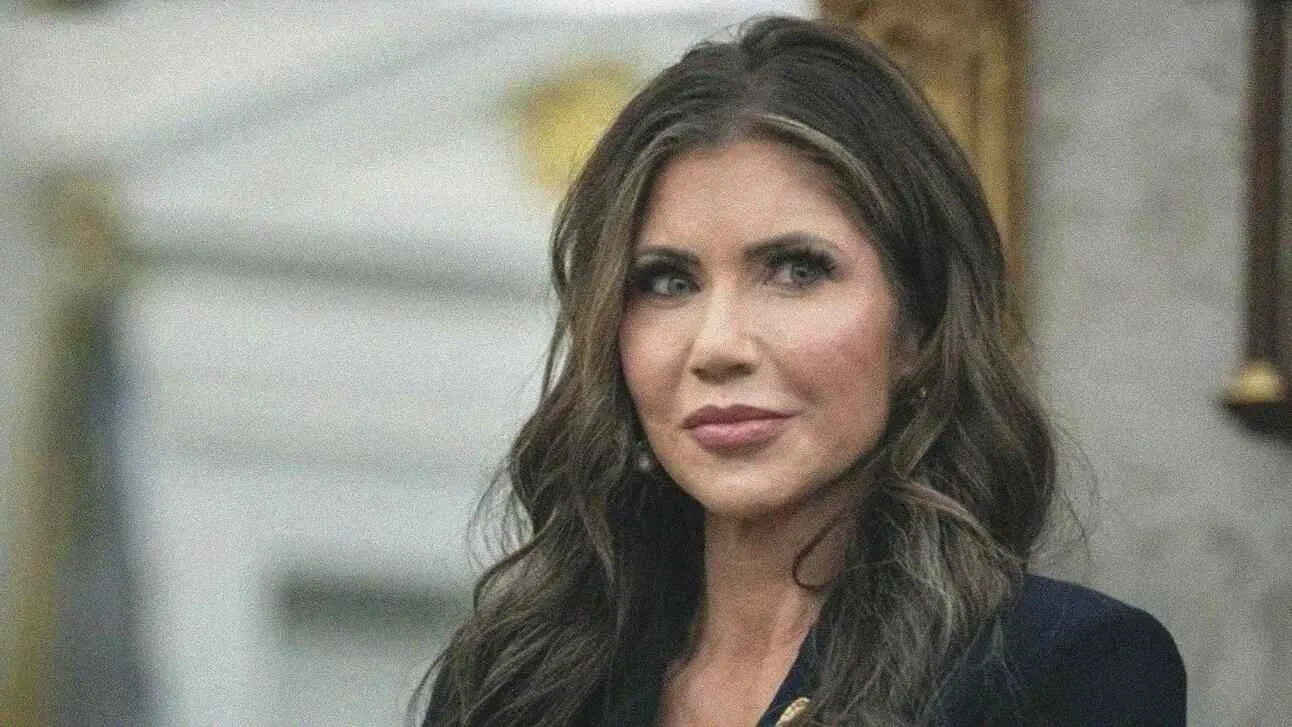Graham Greene’s Our Man in Havana is a rare fusion of comedy and suspense. The most unlikely of spies starts fabricating intelligence reports that include a list of agents that only exist in the head of our man. All goes well until these imaginary agents —or people who fit the description— start being killed. It is a political parody about essential human feelings. The comedy of errors committed by a man who becomes a player in a game he ignores —a normal guy, with simple ambitions, and obsessed with providing for the daughter he loves.
When in assignment in Havana, and when reporting or writing about the Cuban community in the United States, I never met one accidental spy but I did talk to people whose lives have been changed by the unmerciful winds of political orthodoxy.
Many in the island had to play the game of being soldiers for a cause. Some had friends or relatives in jail for thinking different —spies?— or for being different —homosexuals, rockers, punks… Most just wanted simple things —soap, jeans, a meal at a restaurant for tourists. And I met a few who just needed some breathing space regardless the political system and beyond the Havana-Washington dysfunctional relationship.
Many in the US projected themselves as hardliners of the Cuban freedom cause. Some could recall by the minute when they had to leave the island. Most of them even told me that they’d volunteer in a US military invasion of their homeland. And I met their children and grandchildren who said that Cuba is close to their hearts but far away from their lives. For them there is no “treason” in an eventual lifting of the embargo, and there is “no reason” for the current US-Cuba hostility.
Once in Miami, my interviewee called me communist when he learned that I had been in Cuba. And recently, my father-in-law —a great believer in the Cuban freedom cause— used the word “betrayal” when I commented on what President Obama did: Thawing the current bilateral cold war.
It is not the search of freedom what is driving the falling of the Cuban wall. Rather, economics and geopolitics. Since Russia and China are positioning themselves in the island, it was time for Washington to send a message: The United States will also be a player on that side of its Caribbean backyard.
China is already Cuba’s largest creditor and the second biggest trade partner at $1.4 billion in 2013. Chinese-made cars, buses or households appliances are prevalent in the island. Russia agreed in July 2014 to write off 90% of Cuba’s Soviet-era debt which propelled deals on the energy industry, plans to install a ground station for Russia’s satellite navigation system, and promises by President Putin to increase bilateral trade.
Washington was reactive —never proactive— on the Cuba issue. Hopefully the US entering the game of geopolitical thrones will bring Cubans the simple things of life our man in Havana longed for.
Avendaño is Executive Editor of El Tiempo Latino
alberto@eltiempolatino.com



